You might also be interested in this
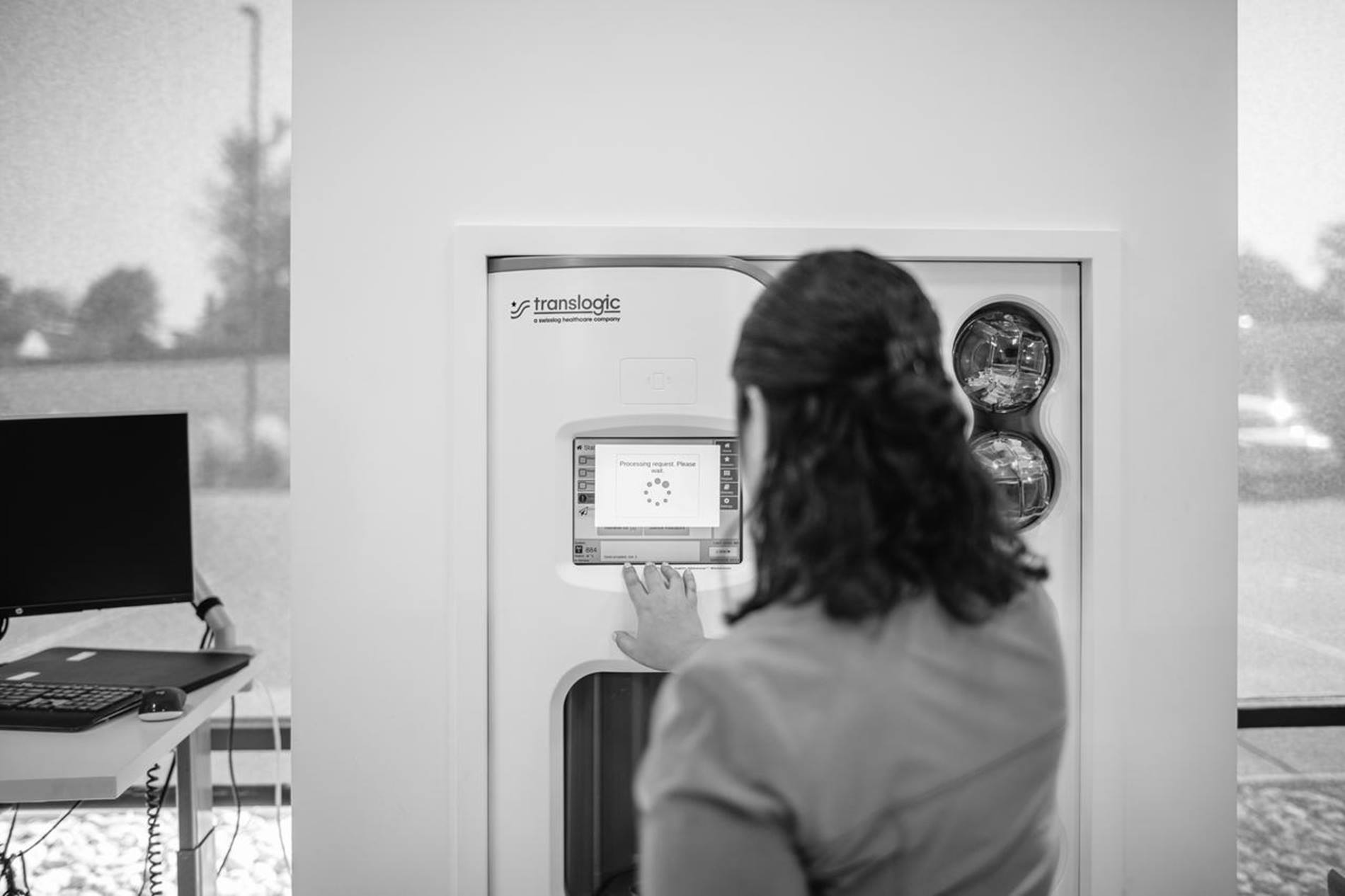
Customer Pledge
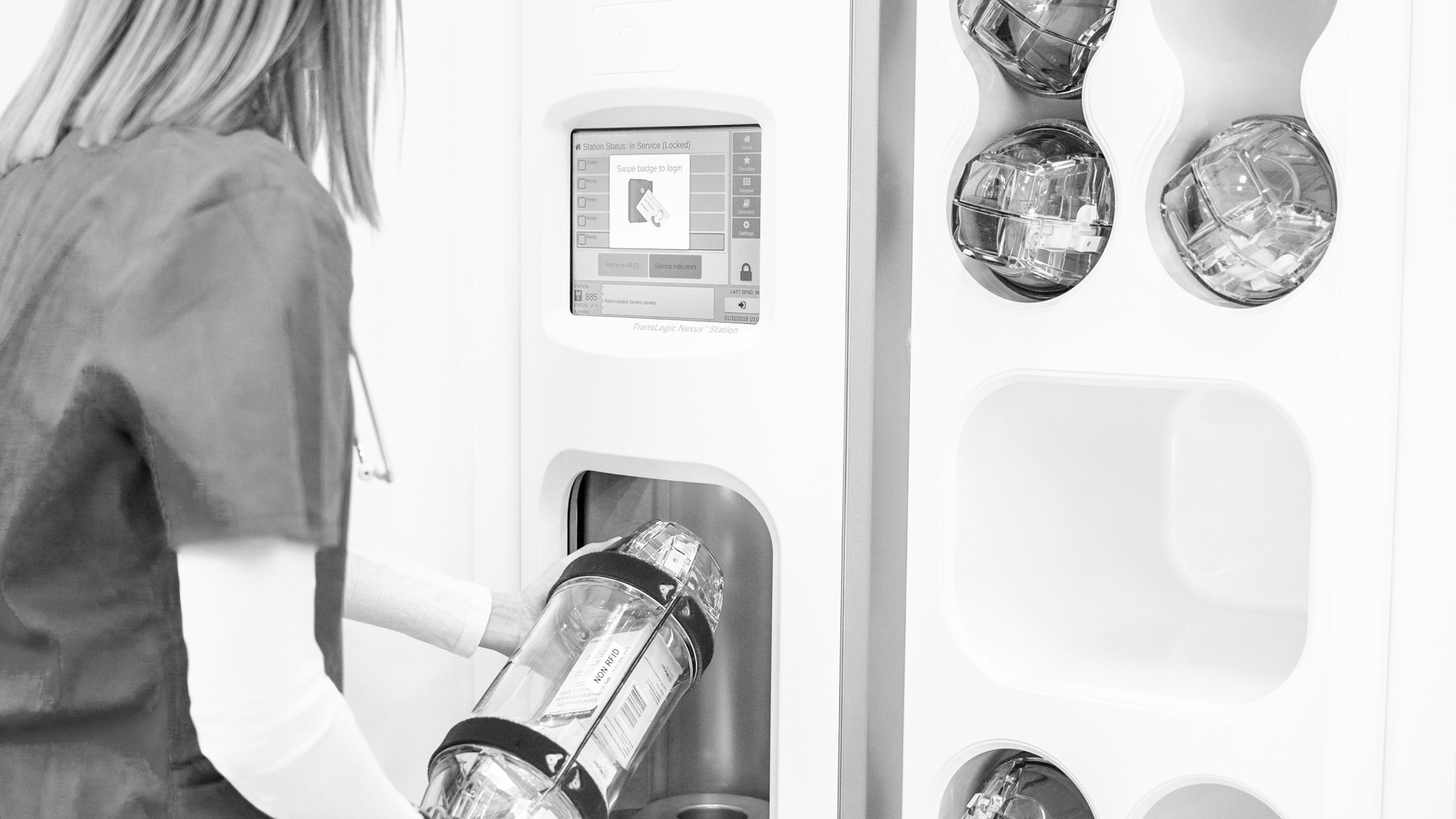
Superior Transport Automation
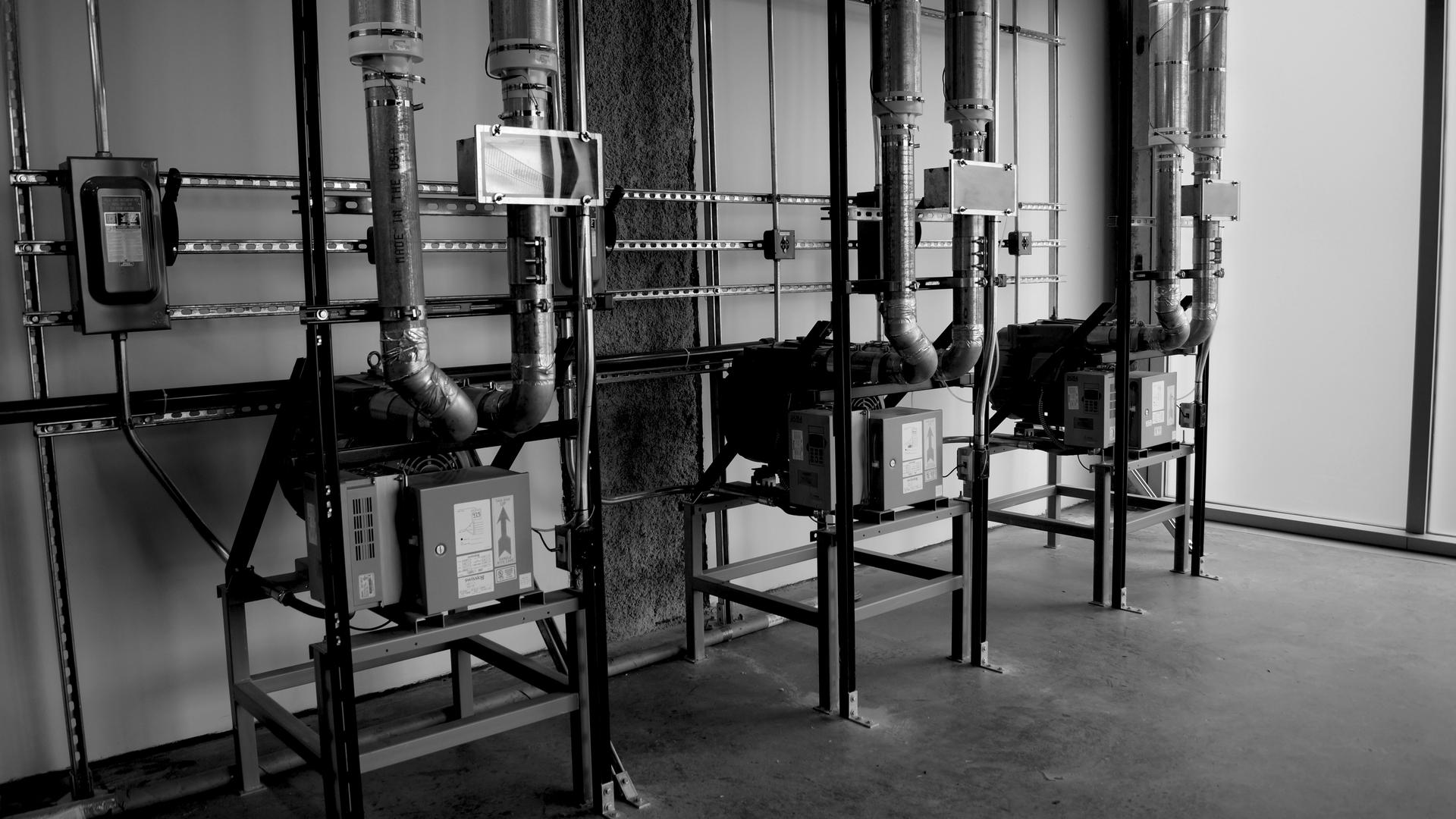
Pneumatic Tube System Components
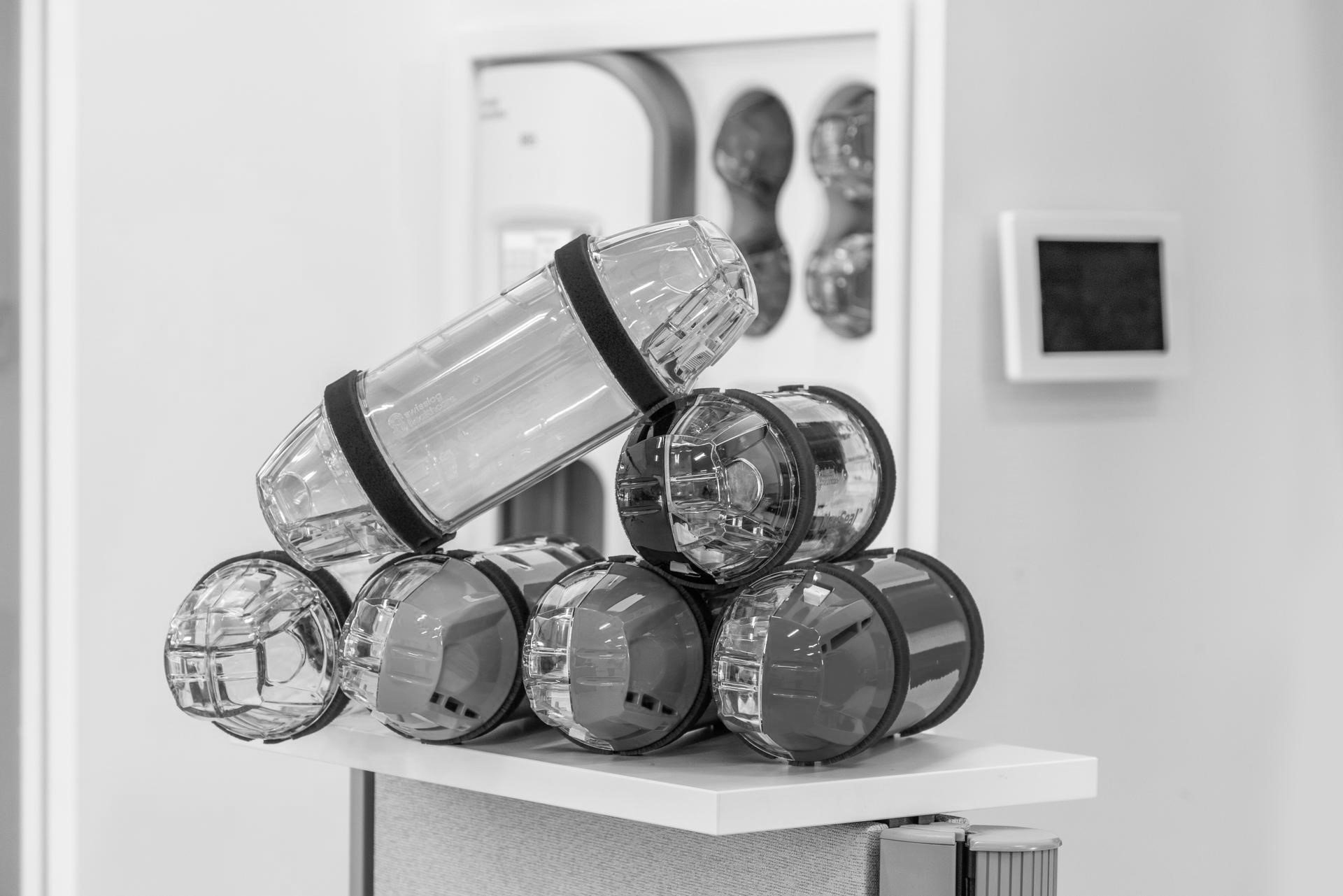
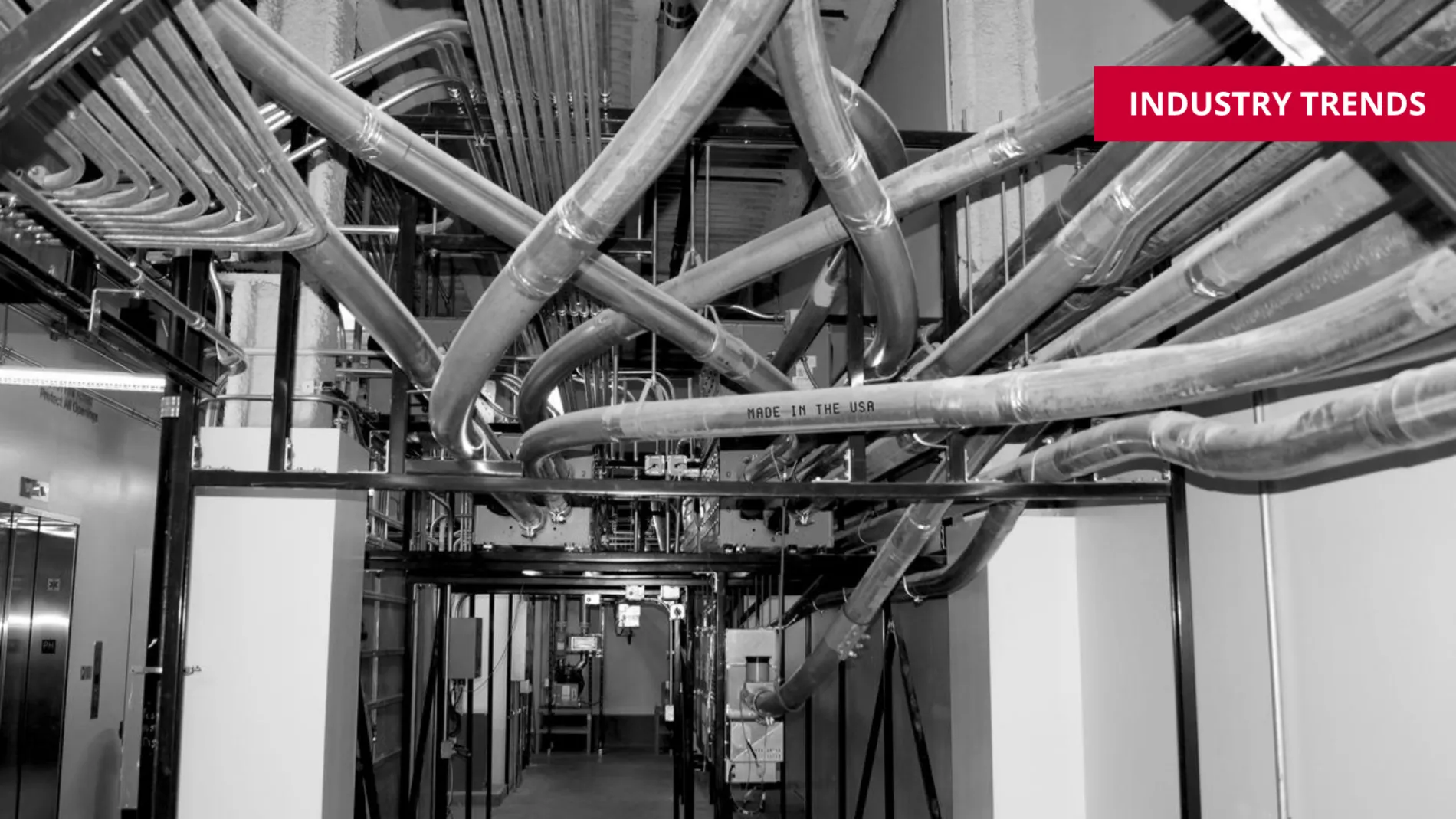
Hospital Technology Is Becoming Increasingly Complex
Reading Time: 3 min.
7/10/2025
Sophisticated tools have enabled service technicians to conduct deeper and more accurate diagnostics and respond more quickly to calls. Generative AI in the form of machine learning is increasingly being built into applications used by technicians to rapidly assess and correct issues.
Hospitals are putting more pressure on vendors for fast, efficient, and cost-effective customer service. Healthcare organizations, including hospitals, well aware of the complexities and challenges involved in implementing today’s technologies, now expect a higher level of support from their service vendors.
An article in Healthcare IT News notes that, while health systems continue to rely upon vendors for software and system updates and maintenance, there is a growing need to expand that assistance to include a deeper skillset and a higher level of expertise than what is available within their organizations.
It isn’t surprising. Behind all that technology are real-world issues that need to be resolved and employees whose quality of work is impaired when the systems that support them are not functioning properly. And nowhere is this more relevant than in today’s hospitals.
Hospitals and other healthcare systems are unique in that their environments cannot afford the downtime resulting from system glitches, poorly maintained equipment, erratically performing applications, and other anomalies. For hospitals, relationships with their vendors play a central role in helping them keep things up and running. Strong vendor partnerships help to drive up the quality of patient care.
That is why efficient servicing of hospital technology requires vendors who understand the critical nature of their unique needs. Not all do, however. In fact, many technology companies lack a deep operational understanding of the many nuances and complexities of healthcare and the challenges associated with highly sensitive data locked in systems, many of which are not integrated.
This lack of road-tested industry experience means that the technicians are ill-equipped to deliver the level of service needed to meet critical hospital operational needs.
A good example of this is customer support for pneumatic tube systems. Due to their high level of reliability, hospital facilities managers and IT professionals may neglect to put sufficient focus on their support and maintenance. That includes software updates as well as ongoing service to make sure that the switches, stations, and crossings are updated. If they are not using a customer service team that is experienced in pneumatic tube systems, an issue can quickly bring down the entire system. Having a strong, specialized customer service relationship with your vendor can help avoid system failure and downtime.
Hospitals that take the time to select their vendors and suppliers with a focus on customer service are able to enjoy several benefits, including:
Here are three key areas where holding your vendor’s customer support accountable is key to optimizing your hospital operations and patient outcomes:
Service level agreements should always be scrutinized. If there are sections that are confusing or appear to limit 24/7 access to technicians, revisit them and get all your questions answered before signing anything.
The groundbreaking hospital technologies now available are helping to drive a better care experience for patients—one that is timelier, more effective, and reaches more patients in more areas. Technologies are also helping to bridge ongoing staffing gaps.
Each technology acquisition, however, is only as good as the customer service supporting it. Alongside any purchase of technology, there should be a thorough evaluation of not only the service level agreement, but the capability of the vendor’s customer service team to deliver service at a level that will enable the hospital to constantly optimize system performance.
Doing so will be key to keeping pace with technology and fostering continuous improvement in this dynamic healthcare industry.




Contact our knowledgeable specialists to discover how our range of automation solutions can boost efficiency, reduce costs and enhance care at your healthcare facility.
Contact us